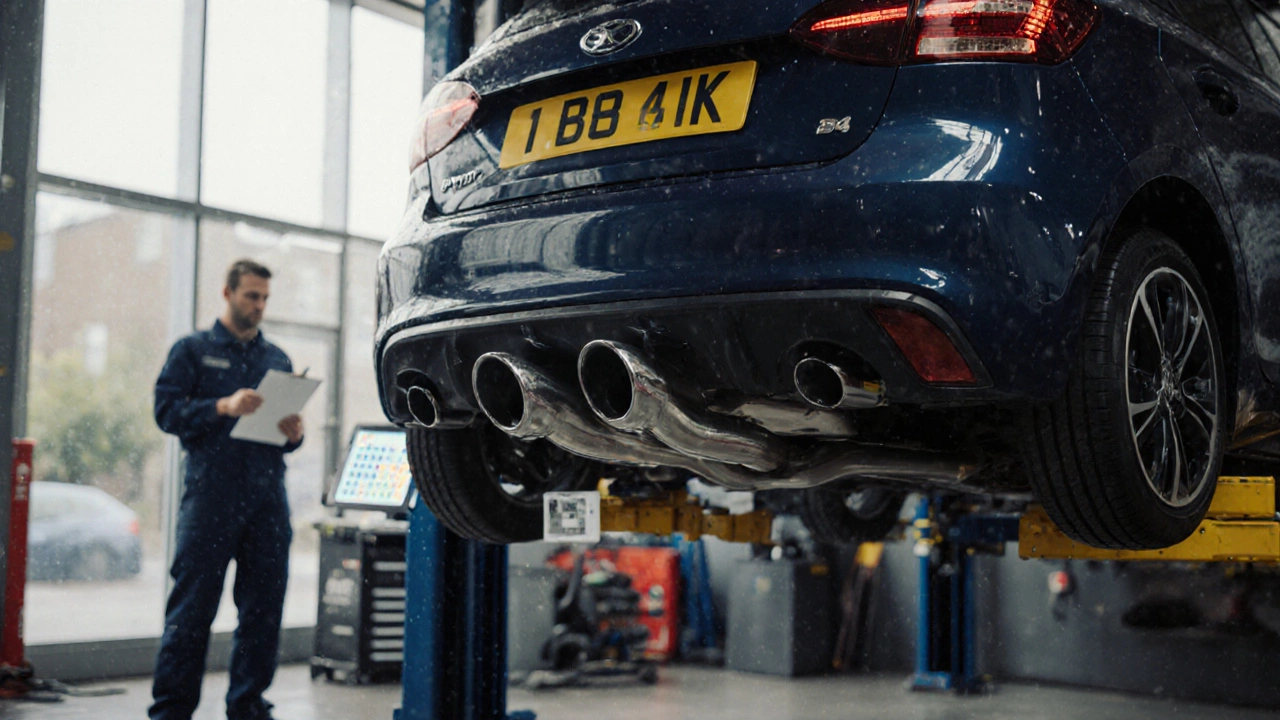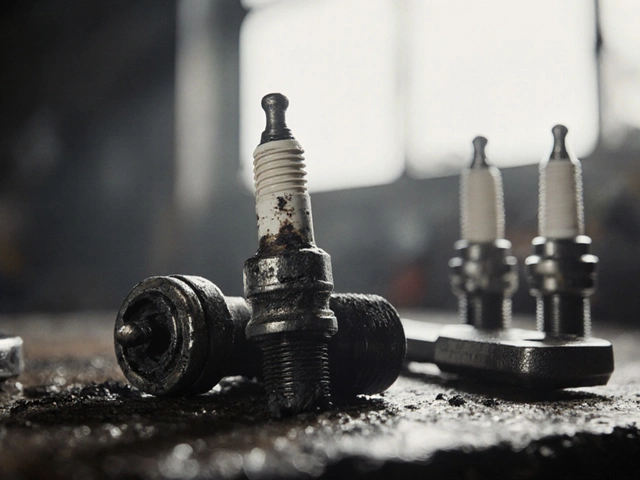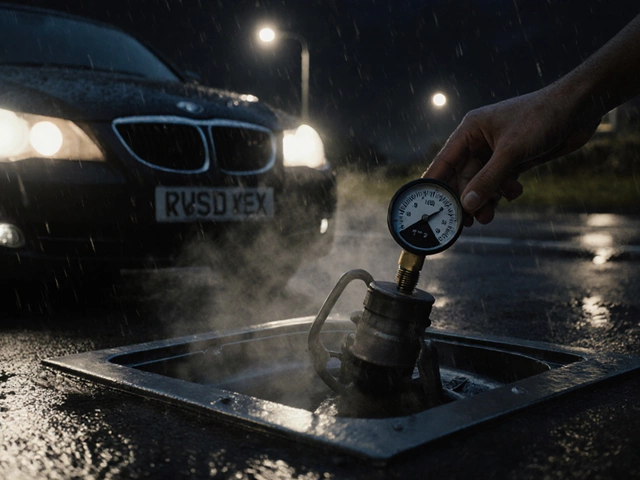Exhaust System Pricing: What to Expect
When you hear a weird rattle or see a smoke leak, your first thought is probably "fix it now". But before you hand over cash, it helps to know what makes an exhaust system pricey and where you can save a few quid.
Exhaust work isn’t just about swapping a muffler. A full system includes pipes, gaskets, catalytic converters, and sometimes a new resonator. Each part carries its own price tag, and labour can vary a lot depending on how easy the job is on your make and model.
Factors That Influence the Cost
1. Parts versus brand. OEM (original equipment manufacturer) parts match the factory specs and usually cost more. Aftermarket options can be cheaper, but quality varies. If you’re after a sportier sound, a performance pipe could add £100‑£300 to the bill.
2. Catalytic converter. This is the most expensive single component. A standard converter can run £150‑£400, while a high‑flow or eco‑friendly version can top £800.
3. Labour rates. Simple bolt‑on jobs (like a muffler swap) might be an hour of work, around £60‑£80. More involved swaps that need the car lifted, rust‑cutting, or welding can take 2‑4 hours, pushing labour to £200‑£350.
4. Car make and access. A front‑engine sedan usually offers easy access to the exhaust, keeping time low. A rear‑engine sports car or a high‑clearance SUV can double the labour because of cramped spaces.
5. Location. Shops in city centres often charge higher rates than independent garages on the outskirts. Always ask for a written breakdown so you can compare apples to apples.
Saving Tips and How to Get a Fair Quote
Start by checking the part number on your vehicle’s service manual or online parts catalog. Knowing the exact part you need stops guesswork and avoids overpriced generic replacements.
Ask at least three local garages for quotes. A quick phone call describing the symptom ("rattling under the car, smoke at the rear") will get you a ball‑park figure. Most reputable shops will email a detailed estimate before they start work.
If the quote includes a brand‑new catalytic converter, ask whether a refurbished unit is an option. Refurbished converters meet the same emissions standards and can be 30‑50% cheaper.
Consider DIY for simple muffler swaps. All you need is a jack, basic hand tools, and a step‑by‑step guide. Even if you’re not a gearhead, you can save £80‑£150 on labour. Just make sure you have a safe space and wear gloves.
Finally, read reviews. A shop with high ratings for honesty and after‑service support is worth a slightly higher price because you’re less likely to get a shoddy fit that leaks later.
Bottom line: an average exhaust replacement for a typical family car runs £300‑£700 all‑in, while a high‑performance upgrade can push past £1,000. Knowing the parts, labour, and where to look for deals puts you in control and stops surprise bills at the garage.
 2 October 2025
2 October 2025
New Exhaust System Cost: UK Price Guide 2025
Discover UK price ranges for a new exhaust system in 2025, from budget kits to performance setups, with labour costs, DIY tips and a handy comparison table.
Latest Posts
Tags
- car maintenance
- engine oil
- spark plugs
- brake pads
- engine performance
- vehicle maintenance
- spark plug replacement
- windshield wipers
- fuel pump
- suspension parts
- clutch replacement
- oil change
- clutch kit
- car performance
- air filters
- car suspension
- car radiator
- exhaust systems
- engine misfire
- fuel pump failure






0